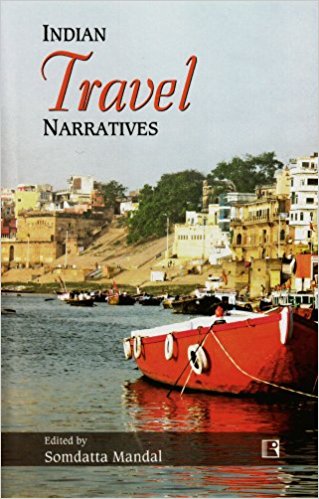Once relegated to Sunday supplements of newspapers, and pushed to the margins of the academia, travel writing today straddles disciplines such as literature, ethnography, translation, film studies, anthropology, politics and history. While a number of cultural and theoretical factors are responsible for this development, it is undoubtedly the search for identity in the postcolonial era that is responsible for renewed critical attention paid to this fascinating genre.
The search for identity in late capitalism makes a compelling demand upon us. A retrieval of our past with the attendant memories is crucial to identity formations. The paradox lies in the fact that while postcoloniality pledges loyalty to decoloni-zation, influential sections of Indian critics tend to follow the agenda of the metropolitan West.
Confined to a select audience through self-validating acts and self-serving, arcane vocabulary, such critical works, including the ones on travel writing, fail to relate to the informed audience in India in terms of our multiple histories and traditions. Knowledge of our Bhasha literatures is the first step in a healthy direction, a sine qua non for such an exercise.

